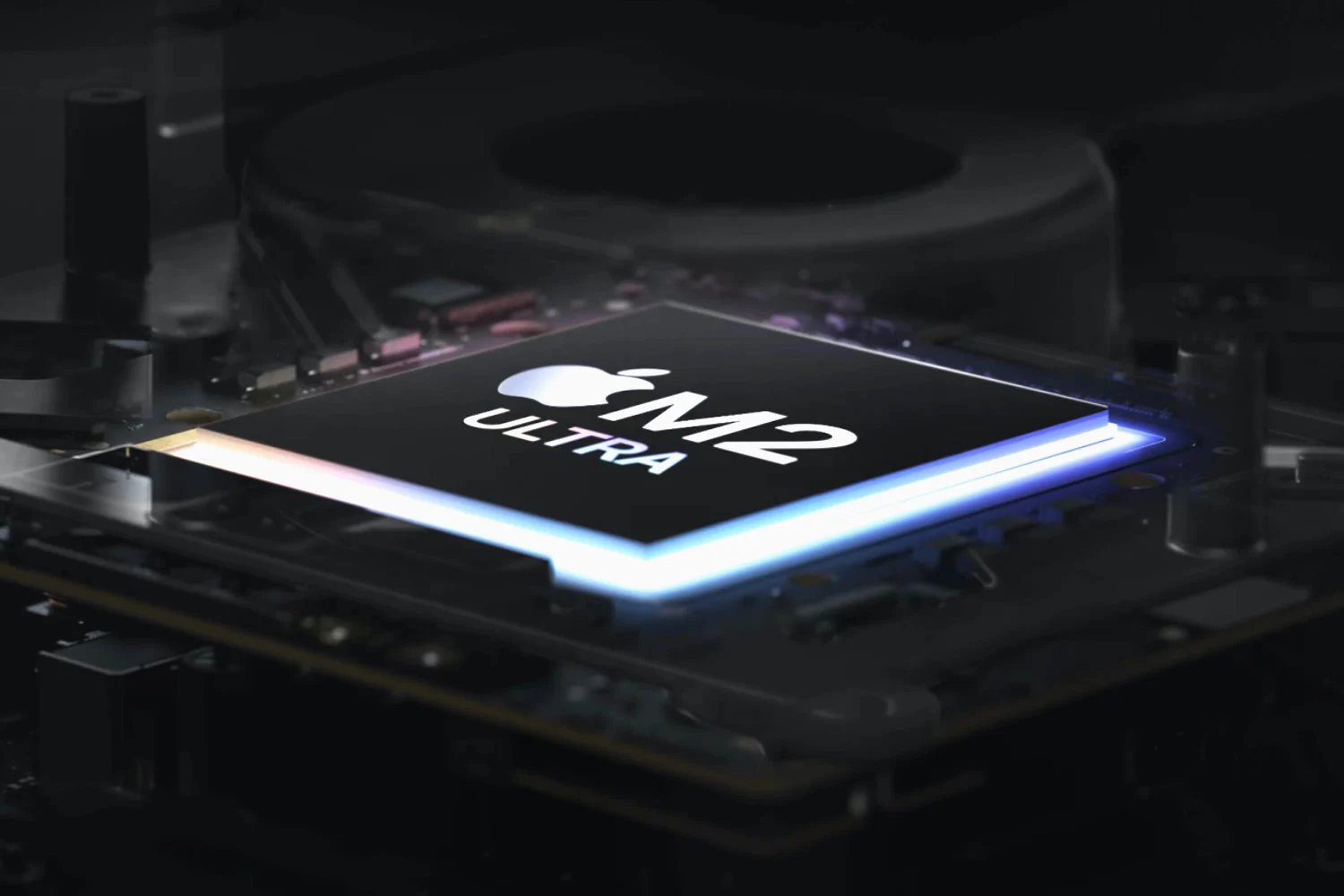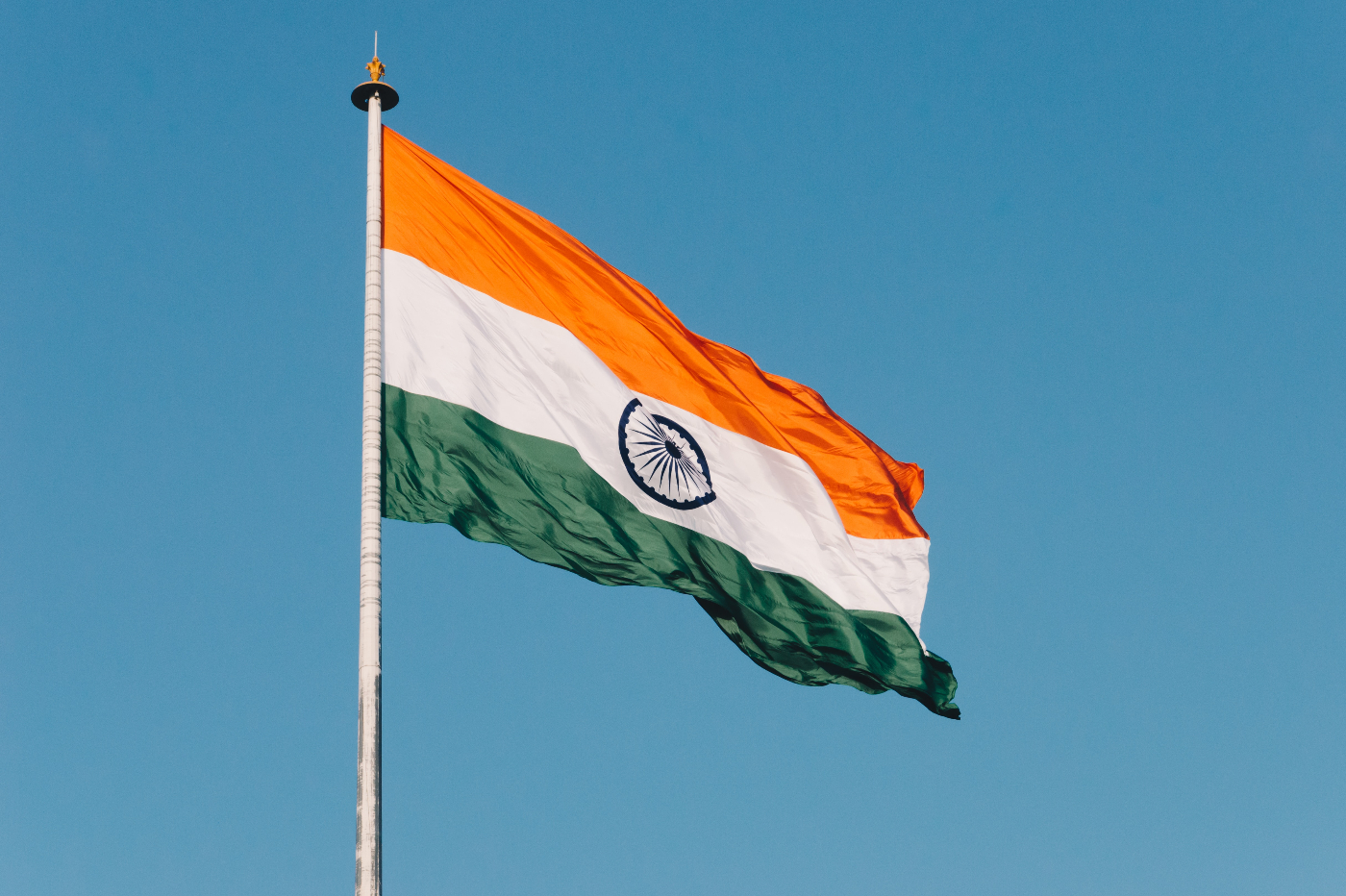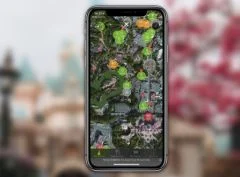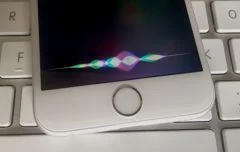On December 6, a terrorist attack hit the Pensacola Naval Air Station in Florida, killing four people, including the shooter. As part of its investigation, the FBI asked Apple to unlockboth iPhones 5 and 7of terrorist Mohammed Saeed Alshamrani. The Cupertino company then clarified that it did not intend to offer a backdoor to the American government on its products because this would create a danger for the protection of personal data.
“We don’t believe in creating a backdoor”
Four months later, the American federal police have just announcedhaving been able to force access to the two smartphonesof the killer without help from Apple. William Barr, Attorney General of the United States, returned to the subject, not sparing the Cupertino company in passing:
Thanks to the excellent work of the FBI – not Apple – we were able to unlock Alshamrani's phones. The wealth of information found on these phones has proven invaluable to this ongoing investigation and crucial to the safety of the American people. However, without the ingenuity of our FBI, a little luck and hours upon hours of time and resources, this information would have remained unknown. Bottom line: our national security cannot remain in the hands of large corporations that put money on legal access and public safety. The time has come for a legislative solution.
Apple also reacted immediately. The company refutes William Barr's remarks and says it collaborated with the authorities but explainsalso refuse any idea of backdooron his data for American justice:
Apple responded to the FBI's initial requests for information just hours after the December 6, 2019 attack and continued to support law enforcement during their investigation. We have provided all information available to us, including iCloud backups, account information, and transactional data for multiple accounts, and we have provided ongoing technical and investigative support to the FBI offices in Jacksonville, Pensacola, and New York in the months that followed. (…) It's because we take our responsibility for national security so seriously that we don't believe in creating a backdoor — one that leaves every device vulnerable to bad actors who threaten our national security and the security of data from our customers. There is no back door for the good guys, and the American people do not have to choose between weakening encryption and effective investigations.
This case therefore confirms theexisting tensionsbetween the highest American judicial authorities and the Cupertino company. Already last week, the FBI, for example, issued a warrant to Apple foraccess the Republican senator's dataRichard Burr. A few months before the American presidential election in November, the subject could well take a political turn.

i-nfo.fr - Official iPhon.fr app
By : Keleops AG






